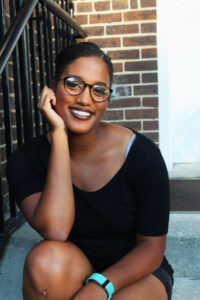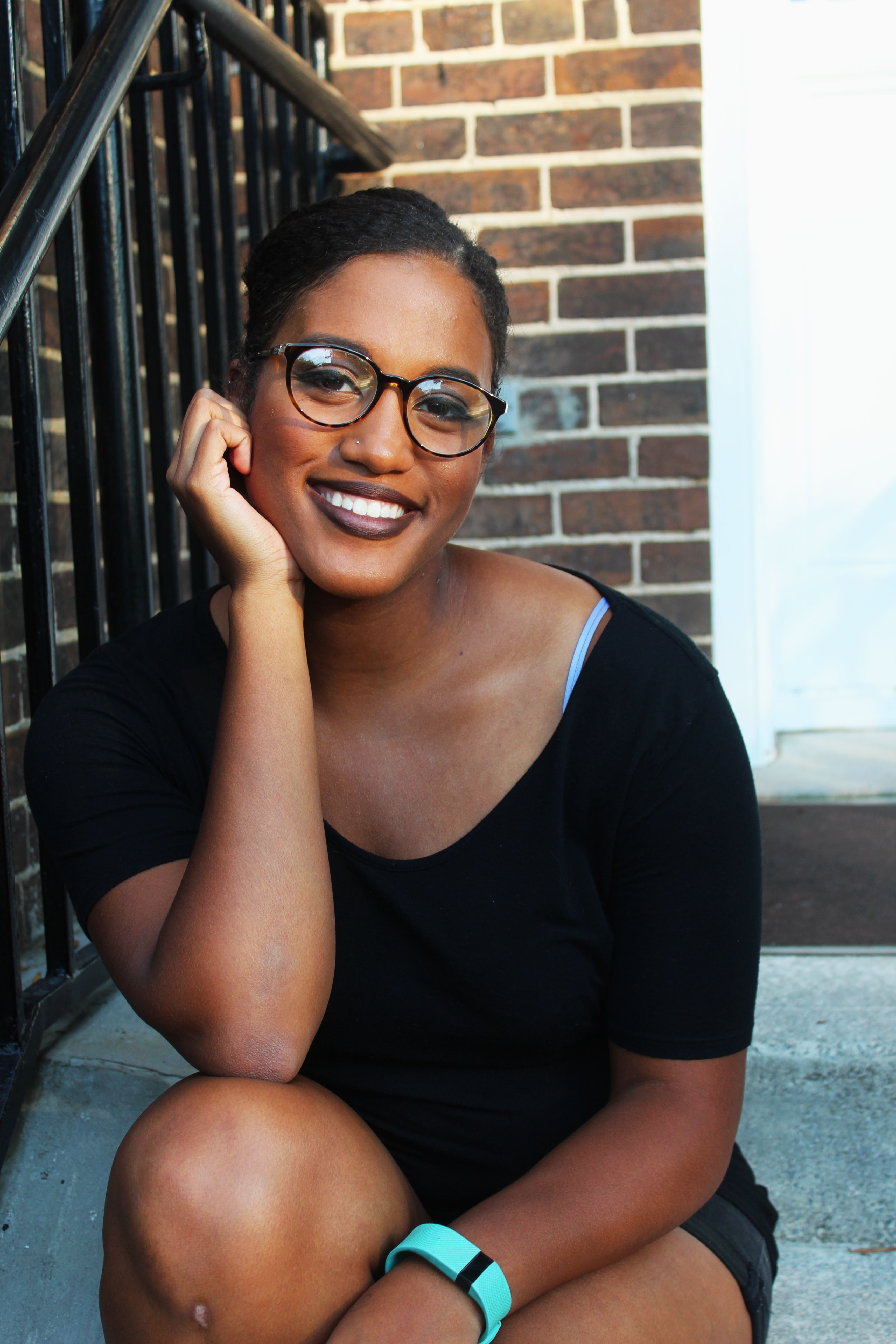This Much I know is True: Black History Month, Again?!

I hate to say it, but I don’t like Black History Month. It makes me uncomfortable and it has for years.
During the month of February, I see a lot of soulful tv commercials backed with cliché and contrived thumping beats. Families portrayed look unrealistically urban and suburban.
These families are always making some healthy alternative soul food after yoga class while responding to a question, saying “mmhmm!” or “you know it girl!” It kills me.
My memories of Black History Month at school are just as cringe worthy. Usually there would be an emphasis on the slavery unit.
My teachers would talk about, you guessed it, the Underground Railroad—looking at me 70 percent of the class, especially when they talked about Harriet Tubman. At the end of class sometimes a teacher would hold me, asking me if I was uncomfortable, and then try to relate, telling me of their times abroad, perhaps in Africa on a mission trip, where they experienced being a minority and finally grasped what prejudice felt like.
Typically, I would nod at their stories, genuinely trying to affirm their poor attempt to relate while dually patronizing them saying things like, “I can’t imagine!” or “that sounds terrible!”
On the contrary, Black History Month sometimes felt, and stills feels, like superstar black month. All my quasi-activist non-black friends ask me a lot about my experiences of oppression. They make inclusive Facebook posts, skim through Race Matters, and listen to Lauren Hill or Nas.
They seem to feel proud of their enlightened inclusivity and their ability to tear up over others suffering.
Church was even worse. I could always count on a dry, well meaning attempt and arrangement of some negro spiritual followed by a sermon based in Galatians focusing on love and inclusivity.
My family and I might even get a few compliments on how nice we look together at the donut table where people would talk way to close.
I think Black history month isn’t always for black people anymore. In some settings, it seems like “Absolving White Guilt Month.” It may not be that stark, but I’m a little jaded.
When February ends, things will go back to normal. A prison pipeline will still exist, the police will shoot more unarmed people, and many of the theologians and philosophers I study in my classes will still be white.
If anything, I think that Black History Month exposes the reality of black history in the context of American history and culture. It makes people uncomfortable because our history in this country began with pain and literal slavery. You can’t forget that part and opt out for George Washington Carver and his peanuts.
Still, black people have persevered for themselves and their families–and will continue to do so. As doctors and writers, thinkers and poets, activists and scientists. Black people continue to raise the bar higher for themselves, making their stories known and reclaiming their identity as whole and holy rather than a mere three-fifths.
I can’t wait for black history month to be over. Yes, it annoys me, but truly I have a history to make and a legacy to carry on beyond February. All of us black students do.
When the rest of the country forgets about us March 1st, we will press on. Persevering in a graceful tenacity, we will continue to make a way, crashing glass ceilings, being strong and boldly brown, demanding more than just a month.

